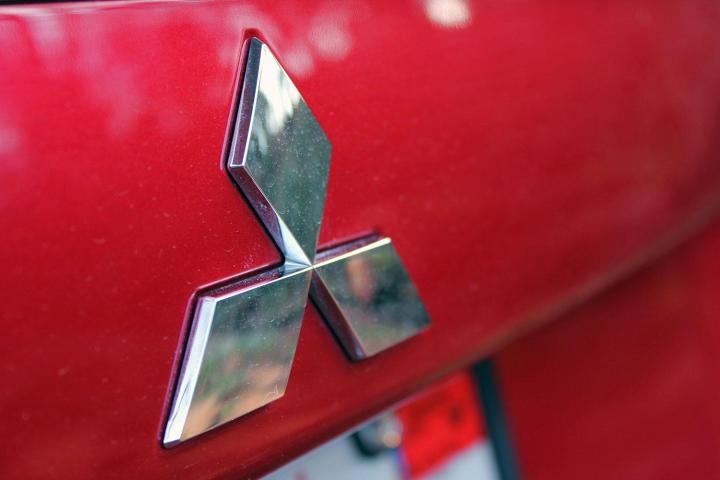
The National Highway Traffic Safety Administration (NHTSA) is beginning an inquiry into Mitsubishi’s fuel economy reporting, according to Reuters. The agency said it asked Mitsubishi for information on vehicles sold in the U.S., but did not specify which vehicles. NHTSA shares responsibility with the Environmental Protection Agency (EPA) over fuel economy rules.
Mitsubishi said on Wednesday that it manipulated test data on certain models, leading to fuel efficiency ratings inflated by 5 to 10 percent. The Japanese manufacturer did this by using tire and air resistance ratios it knew would yield better results. The discrepancy was discovered by Nissan, which was supplied 468,000 of the affected cars by Mitsubishi.
So far the affected models including the Mitsubishi eK Wagon and eK Space, and the Nissan Dayz and Dayz Roox. All are tiny “kei” cars designed specifically for the Japanese market, with little if anything in common with Mitsubishi cars sold in the U.S. Not that fuel economy cheating is unheard of on this side of the Pacific: Hyundai and Kia were forced to pay a $300 million fine and spend $395 million reimbursing customers after overstating fuel economy on 13 2011-2013 models.
Japanese authorities raided a Mitsubishi research center in Okazaki Thursday. They were from the Transport Ministry, which also ordered Mitsubishi to submit a full report on its cheating within a week. All Japanese carmakers must submit fuel economy test data to the ministry by May 18 for scrutiny.
Mitsubishi shares plummeted after the announcement of the test manipulation. While U.S. authorities haven’t made any judgments so far, Mitsubishi’s weak position in the U.S. market means any bad publicity could be particularly harmful to the company’s long-term prospects.


